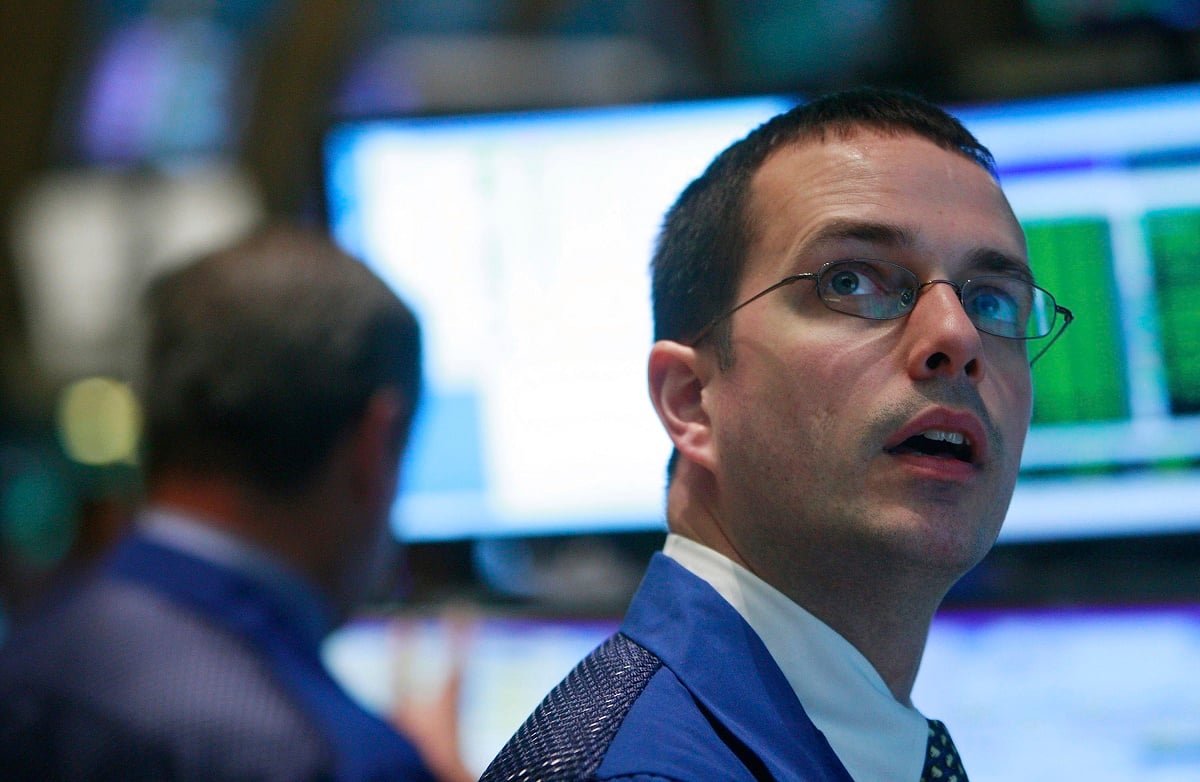If you're like millions of people, you've already used your Visa (V 0.76%) card today. And that reach is what makes Visa stand out as a business investors want to be a part of.
The payment network took a big hit during the early stages of the pandemic, when consumer spending plunged. But it's rebounding along with the economy, and that's where its strength lies. As the largest credit card network in the world, it makes money whenever you swipe your card, making this blue-chip company a surefire bet for long-term growth.

Image source: Getty Images.
Powering payments
Visa's network facilitates payments from consumers to merchants and takes a small fee from each transaction. The sheer number of people who use Visa credit cards demonstrates the company's dominance in the market -- there are currently 3.6 billion Visa cards in use, which translates into almost half the world's population. In 2019, Visa processed more than 200 billion transactions, or more than $11 trillion in volume.
Because Visa's model is a platform, it's a high-margin business that easily turns sales into profits. Operating margin was over 66% in Q3, and Visa turned $6.1 billion in revenue into $2.6 billion in net income. It also produced more than $4 billion in free cash flow, which it uses to grow its business as well as pay dividends and repurchase stock.
Business plummeted during the height of pandemic restrictions, but the recovery is moving along. Revenue for the company's fiscal third quarter, covering the period ended June 30, increased 27% from the same period in 2020, but 10% over pre-pandemic 2019 levels.
Because the pandemic was such an outlier, we can see Visa's strength more clearly in its long-term growth. As of the latest quarter, Visa has grown revenue by a 9.5% compound annual growth rate (CAGR) over the past five years, and net income by an even better rate of 14.3%.
Fintech revolution
One of the ways Visa is protecting its top spot in credit card processing is acquiring and making deals with fintech partners. Its proposed acquisition of Plaid, a private company that connects financial apps with institutions, was scrapped after it was given a no-go by regulators. But it's made many smaller acquisitions to grow its business and especially to stay relevant as digital payments become more important. Most recently, it acquired Currencycloud, an app that simplifies foreign exchange to make cross-border payments easier. In Q3, it also announced that it would acquire Tink, a Swedish-based open banking platform.
Visa needs to upgrade its systems as companies like PayPal Holdings make it easier to send and spend money digitally. Contactless payments are increasing in popularity, and in the U.S. alone Visa customers have more than 370 million tap-to-pay cards. Installment plans have also taken off, with companies such as Afterpay (recently acquired by Square) and Affirm Holdings demonstrating strong growth, and Visa has launched its own version as well.
Rewarding investors
At Monday's prices, Visa's stock has gained roughly 190% over the past five years, almost double the S&P 500 index. While it's trailing the broader market over the past year, it's still up nearly 15% as it's dealt with the weight of the pandemic. Its dividend yields 0.55% at the current price, well below the S&P 500 average, but the company has raised its payout annually since 2008.
Since it generally mirrors the state of the economy, which an overwhelming amount of the time expands rather than contracts, Visa is great long-term stock to own. Its top position makes it hard to compete with, and it can provide security and stability to a balanced portfolio.










